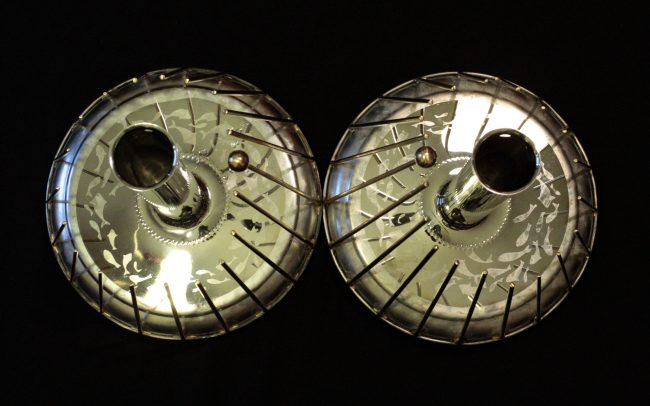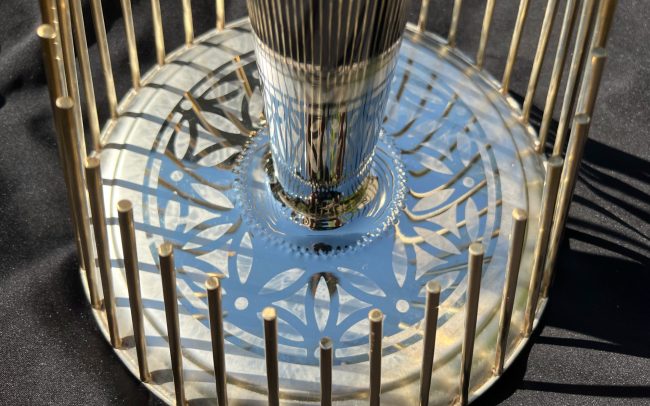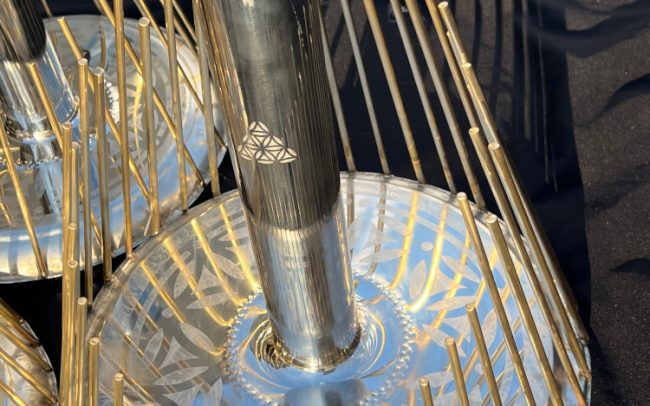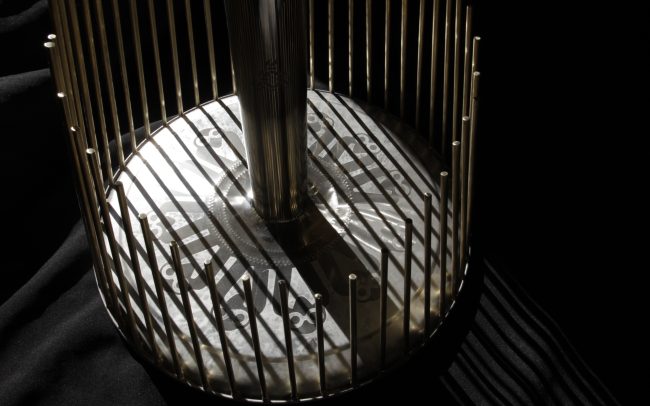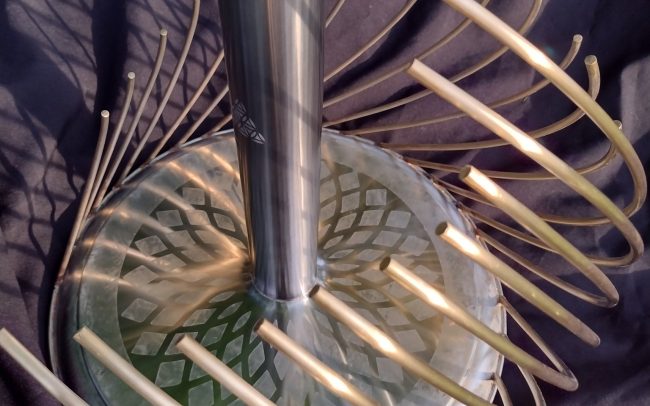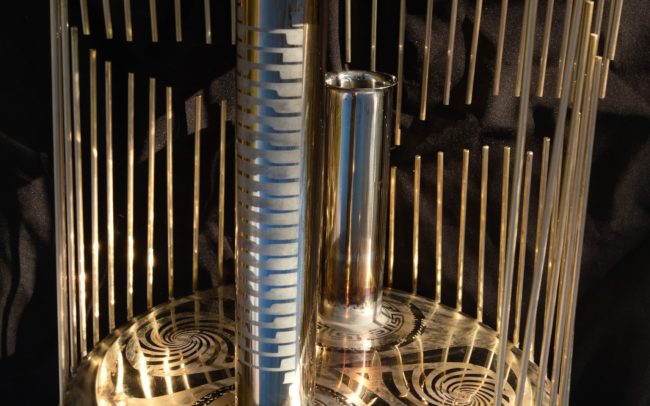musical instruments used by the professionals around the world
Hyperstellar Waterphones
BY Sławek Janus
About me
I’m Sławek Janus, a versatile multi-instrumentalist and instrument maker dedicated to crafting distinctive, handcrafted instruments renowned for their exceptional sound quality. My passion for innovation has led to collaborations with world-class artists such as Evelyn Glennie and Jean-Michel Jarre
What my clients say
I have a few different waterphones from a fantastic craftsman from Poland, Janus Slawek. The waterphone is an instrument you play with a bow. You can put some water in it, and then by moving it while you play with a bow, you can create some very interesting Doppler effects.
So I use that a lot. I have a few.

Jean-Michel Jarre
I have always been intrigued by waterphones and when I came across the Hyperstellar Sailophone, I knew I had something very special to play. The expanse of sound, resonance and vibration is incredible. There seems to be a never-ending exploration of sound creation when playing this instrument
– the possibilities and applications are enormous.




